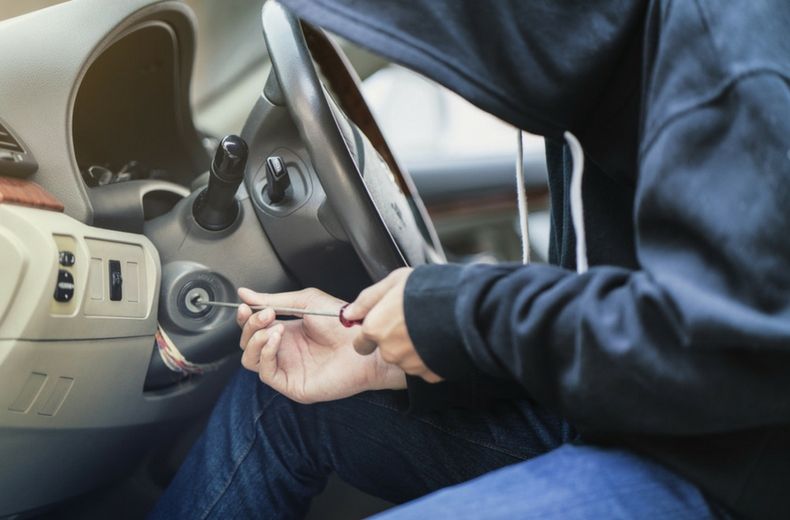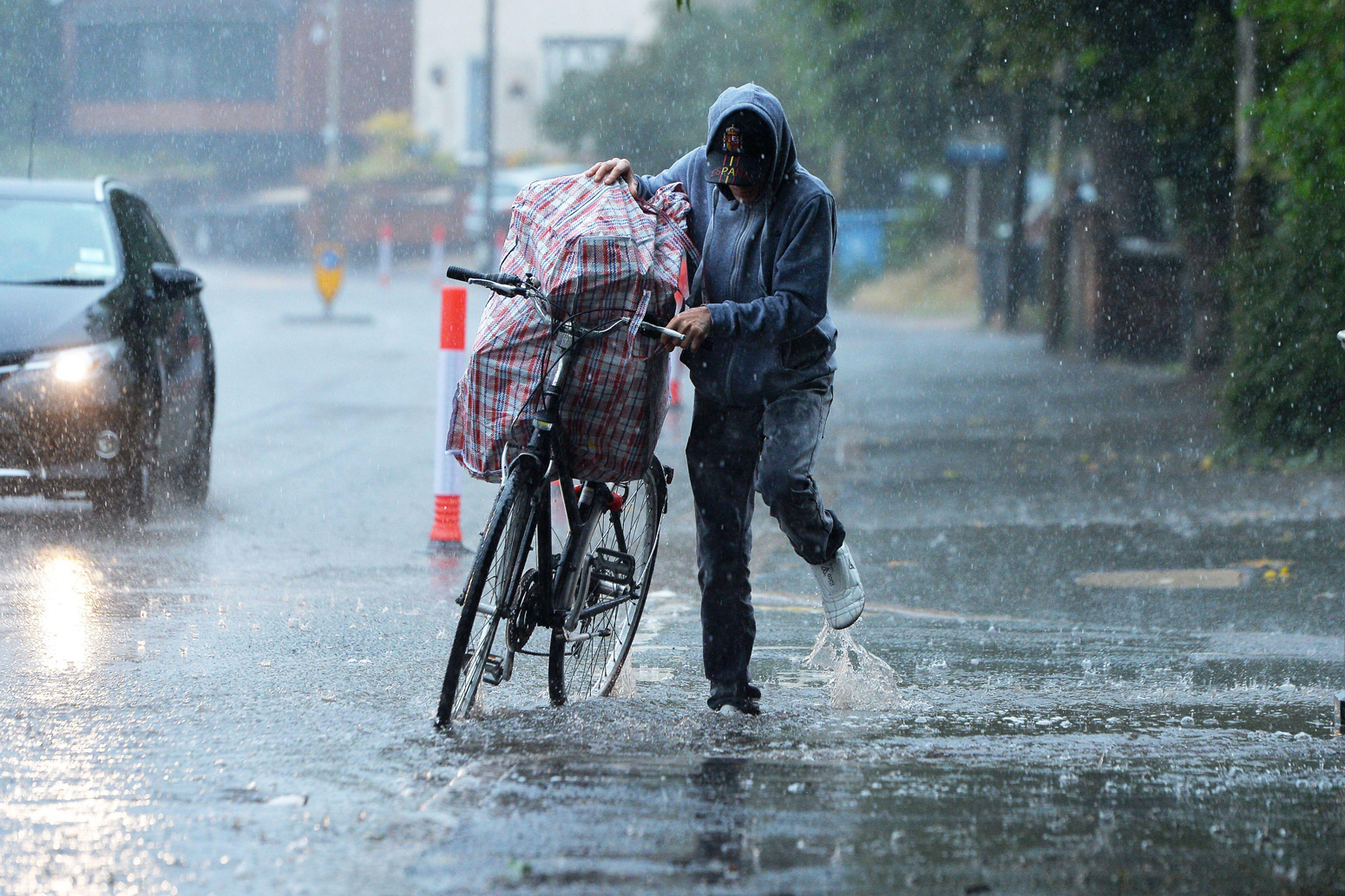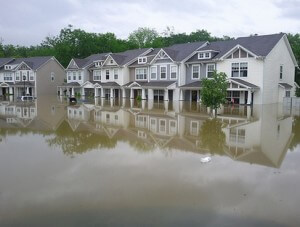You are not the only person who has ever questioned, “Do I really need comprehensive coverage?” or “What does it genuinely protect me from?” Let us examine what comprehensive insurance actually entails, why so many drivers in America opt for it, and five surprising ways it might prevent financial ruin.
Let us start with the basics: what is comprehensive auto insurance?
.jpg)
The unsung hero of your motor policy is comprehensive auto insurance. Comprehensive insurance covers damages from uncontrollable events, such as theft, vandalism, natural catastrophes, and even animal interactions, in contrast to liability or collision insurance, which only kicks in during traffic accidents.
It is intended to assist you in getting over expensive, non-collision-related mishaps—the “bad luck” moments that occur when your car is simply sitting there, taking care of itself.
Five Surprising Real-World Advantages of Comprehensive Coverage
1.Defense Against Auto Theft or Burglaries

Imagine seeing the driveway deserted when you get up. Your vehicle has been taken. What comes next?
Your insurer will pay you back for the car’s actual cash value (ACV), which is its current market worth after depreciation (wear and tear, miles, age, etc.), if your insurance provides comprehensive coverage.
You are still protected even if your automobile is not stolen but someone breaks in and damages it. Damaged interiors, smashed locks, and broken windows—Comprehensive has you covered.
2.Reporting on Extreme Weather Events

Your auto payments do not matter to Mother Nature. Your car could be severely damaged by tornadoes, hailstorms, falling limbs, or even strange lightning strikes.
Comprehensive coverage is essentially necessary if you reside in an area that experiences extreme weather.
For instance:
Damage from hail to your hood and roof
Debris thrown at your windshield by the wind
Tornadoes that damage or flip your parked automobile
You will have to pay for those repairs out of pocket if you do not have comprehensive coverage.
3.Mishaps Associated with Animals

But here’s the twist: hitting an animal isn’t considered a “collision” in insurance terms.
That’s where comprehensive insurance steps in. It covers damage from:
Hitting deer, raccoons, dogs, or even cows
Birds smashing into your windshield (yes, it happens)
Rodents chewing through wires (a lesser-known issue with parked cars)
Even if your animal encounter happens while parked—say, squirrels nesting in your engine—comprehensive coverage can save you from footing a surprising repair bill.
4.Flood and Water Damage

Floods can turn your car into a soggy, electrical mess. Water can ruin everything from upholstery and electronics to the engine itself.
With comprehensive insurance, you’re covered whether it’s a:
Flash flood
Overflowing river
Hurricane aftermath
Sudden water surge during heavy rain
Important: Insurance companies often lock out new policies 24–48 hours before a predicted weather disaster. Don’t wait for the warning sirens—get coverage well in advance.
5.Fire Damage, Arson, or Explosions

Whether it’s a mechanical fire under the hood, a garage fire, or even vandalism (like arson), comprehensive insurance helps cover repair or replacement costs.
Interestingly, standard auto insurance doesn’t cover mechanical failures—but if a malfunction leads to a fire, that’s where comprehensive protection kicks in.
If the fire was set intentionally, you’ll need to file a police report, and your insurer will take it from there.
Don’t forget: Fires caused by external events—like a wildfire or neighboring house fire—are also covered under comprehensive insurance.
Why You Shouldn’t Skip Comprehensive Coverage

Think of comprehensive car insurance as a financial shock absorber. It’s there for the moments you can’t see coming the kind of damages that don’t involve other drivers, but still hit your bank account hard.
Without it, you’re exposed to:
Expensive repair bills
Full replacement costs
Financial gaps between claims and recovery
When you combine comprehensive and collision coverage, you’re nearly bulletproof against most threats on and off the road.
Final Thoughts: Prepare for the Unexpected Ahead of Time
Your car is always vulnerable to the erratic volatility of life, whether it is an unforeseen theft, a baseball-sized hailstone, or an inquisitive raccoon. Comprehensive insurance not only fixes your car but also protects your peace of mind.
To avoid costly shocks and sleepless nights, think about updating or expanding your comprehensive coverage right away.



